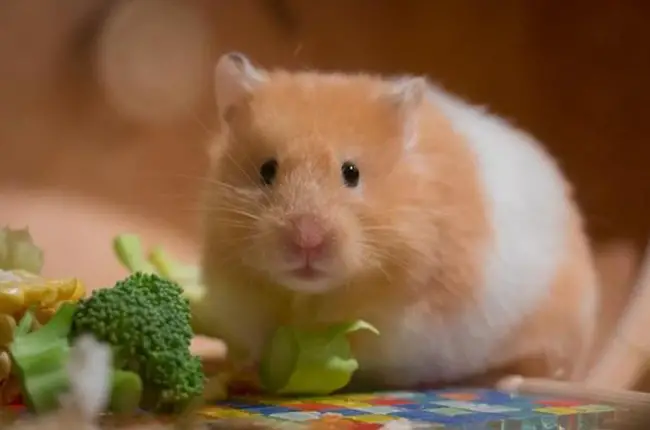Squirrels, those agile acrobats of the animal kingdom, are often associated with a diet primarily consisting of nuts and seeds. Yet, there’s a hidden aspect of their diet that might surprise you – bugs! Yes, squirrels do eat bugs, and in this article, we’ll delve into the fascinating world of squirrels’ insect consumption habits. From the types of bugs they prefer to the reasons behind their bug-eating escapades, we’ll uncover the truth about these tiny terrors in a squirrel’s diet.
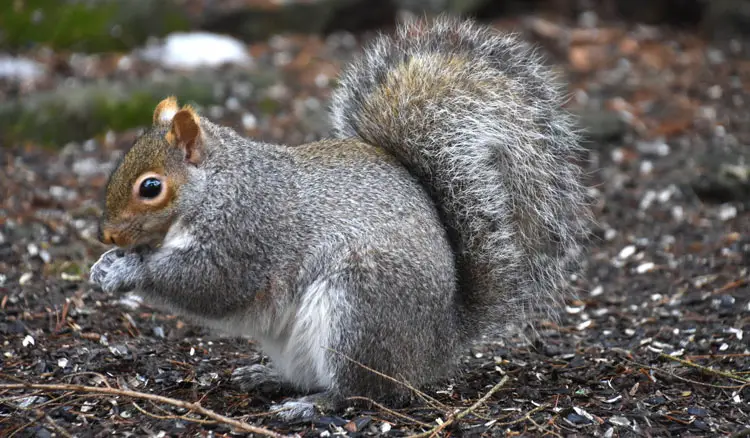
What Type of Bugs Do Squirrels Eat?
Squirrels, it turns out, are discerning epicures in the insect world. Their gastronomic tastes are delightfully diverse, encompassing a smorgasbord of bugs. These culinary enthusiasts savor everything from beetles and ants to grasshoppers, caterpillars, and the occasional insect larvae. Their menu diversity ensures a well-rounded nutrient intake, making them nature’s ultimate foodies.
Examples of commonly devoured insects by squirrels:
- Ants
- Beetles
- Butterflies
- Grasshoppers
- Caterpillars
- Insect larvae
Did you know? Squirrels are known to consume insects as a supplementary food source, with the majority of their diet still consisting of nuts, seeds, fruits, and vegetation.
Why Do Squirrels Eat Insects?
Beneath this seemingly quirky dietary choice lies a profound nutritional strategy. Squirrels are no strangers to dietary requirements, and insects play a crucial role in meeting them. Here’s a breakdown of why they opt for these tiny titbits:
Nutritional Benefits of Insects for Squirrels:
- Protein Powerhouse: Insects deliver a potent protein punch, promoting muscle growth and repair.
- Vitamin Variety: Bugs offer a spectrum of vitamins, including B vitamins for metabolism and vitamin A for radiant skin and sparkling eyes.
- Mineral Magic: Squirrels reap the rewards of essential minerals like iron, zinc, and calcium, fundamental for bone health and immune fortitude.
- Healthy Fats: Insects serve essential fatty acids, nurturing a luscious coat and radiant skin.
Fun Fact: Squirrels are known to prefer insects with soft exoskeletons, as they are easier to digest compared to those with hard shells.
How Do Squirrels Find Insects to Eat?
Squirrels, in their relentless quest for insects, become adept natural detectives. Their sensory prowess equips them with an impressive toolkit for bug-hunting. Prepare to be amazed by their investigative talents:
Squirrel Sensory Arsenal:
- Super Sniffers: Armed with an acute sense of smell, they pick up on the chemical cues insects emit.
- Eagle-Eye Vision: Squirrels spot creeping insects on trees, leaves, and the ground with their razor-sharp vision.
- Tree Trekking: Agile climbers, they navigate trees and foliage with finesse to unearth hidden insect treasures.
Pro Tip: If you want to observe squirrels hunting insects, look for them in trees with dense foliage or near areas with an abundant insect population, such as gardens or meadows.
How Do Squirrels Eat Insects?
Squirrels are not mere amateurs when it comes to devouring insects; they’ve elevated it to an art form. Their culinary prowess has been fine-tuned over time, showcasing their adaptability:
Squirrel Dining Styles:
- Precision Strikes: With nimble forepaws, they seize and immobilize insects, often employing their razor-sharp teeth.
- Innovative Approach: Their tails double as stabilizers while hanging upside down from branches, enabling them to reach the most elusive insects.
- Varied Consumption: Insects may be savored whole or dissected into more manageable morsels.
Insider Insight: Squirrels’ consumption techniques reflect their adaptability and resourcefulness, ensuring they make the most of their insect meals in the wild.
Advantages and Disadvantages of Eating Bugs
As with any dietary choice, squirrels’ love affair with insects comes with its own set of advantages and disadvantages. Let’s examine the feast and the fallout:
Advantages:
- Protein Bonanza: Insects provide high-quality protein, essential for muscle growth and maintenance.
- Vitamin & Mineral Treasure: Bugs deliver a bounty of nutrients, fostering overall health and vitality.
- Dietary Versatility: Insects enable squirrels to adapt to shifting food availability.
Disadvantages:
- Potential Pitfalls: Some insects might carry parasites or toxins, posing risks.
- Competition Crunch: Squirrels may face competition from other insect-eating wildlife, challenging their access to the bug buffet.
Fun Fact: Squirrels are known to engage in a behavior called “geophagy,” where they eat dirt, possibly to aid in digestion and counteract the effects of toxic substances in their diet.
Are Insects Dangerous for Squirrels to Eat?
Insects, like any food source, come with inherent risks. However, squirrels have evolved into savvy risk managers, expertly distinguishing safe from perilous insects:
Squirrel Risk Management:
- Cautious Tasters: They approach new foods gingerly, reducing the odds of devouring harmful insects.
- Adaptive Diets: Squirrels swiftly adapt their culinary choices to avoid potentially dangerous insects, showcasing their survival wisdom.
Expert Tip: While squirrels do face some risks when eating insects, their cautious approach and diverse diet help them navigate this aspect of their diet safely.
How to Prevent Squirrels from Eating Insects?
If you’re concerned about squirrels raiding your garden, fret not! There are humane strategies to discourage them from indulging in insect feasts:
Squirrel Deterrence Methods:
- Squirrel-Proof Feeders: Utilize specially designed bird feeders that thwart squirrels’ gastronomic escapades.
- Physical Barriers: Shield vulnerable plants with fences or netting, safeguarding your insect-rich flora.
- Repellents: Apply taste or scent repellents to render insects less delectable, redirecting squirrels’ culinary adventures elsewhere.
Pro Tip: Squirrels are persistent creatures, but with the right prevention methods, you can strike a balance between their natural behaviors and your gardening goals.
When Do Squirrels Eat Insects?
Squirrels’ insect consumption follows a rhythmic seasonal cadence, finely attuned to their nutritional needs:
Seasonal Bug Gourmet:
- Spring & Summer: Insects flourish, fulfilling increased protein and energy requirements, particularly during the period of raising their young.
- Fall: As insects become scarcer, squirrels shift focus to accumulating nuts and seeds, preparing for the harsh winter ahead.
Fascinating Fact: Squirrels have a remarkable memory for finding their stored food, relying on spatial memory to locate their hidden nut and seed caches, ensuring they have a food source even in lean times.
Nutritional Benefits of Insects to Squirrels
Insects represent a veritable treasure trove of nutrients for squirrels, crucial for their overall vitality:
Key Nutrients from Insects:
- Protein: Supports muscle growth and repair.
- Vitamins: B vitamins for metabolism, vitamin A for skin and eye health.
- Minerals: Iron, zinc, and calcium for bone health and immunity.
- Fatty Acids: Promote a glossy coat and radiant skin.
Here’s a quick snapshot of these nutrients in a table:
| Nutrient | Role in Squirrel Health |
|---|---|
| Protein | Muscle growth and repair |
| Vitamins (B, A) | Metabolism, skin, and eye health |
| Minerals (Iron, Zinc, Calcium) | Bone health and immunity |
| Fatty Acids | Glossy coat and healthy skin |
Fun Fact: Squirrels are known for their prodigious appetites, and their insect-eating habits play a pivotal role in sustaining their energy levels and supporting their active behaviors.
End Line
In conclusion, squirrels’ dietary choices are more diverse and adaptable than they might appear at first glance. While they are famous for their love of nuts and seeds, their bug-eating habits reveal their resourcefulness and ability to thrive in various environments. From the types of insects they consume to the advantages and disadvantages of this dietary choice, squirrels’ insect-eating habits are a testament to their adaptability and survival instincts.
So, the next time you spot a squirrel in your garden, remember that they’re not just after your prized plants – they’re also on the hunt for some protein-packed insect snacks to fuel their acrobatic antics and busy lives.
Commonly Asked Questions
Do squirrels eat insects exclusively?
No, squirrels are omnivores, and while they do consume insects, they primarily rely on a diet of nuts, seeds, fruits, and vegetation.
Are there any risks to squirrels from eating insects?
Yes, there can be risks associated with insect consumption, as some insects may carry parasites or toxins. However, squirrels have evolved strategies to minimize these risks.
Can squirrels find enough insects to meet their nutritional needs year-round?
Squirrels adjust their diets based on insect availability. They consume more insects during seasons when they are abundant and shift to other foods like nuts and seeds when insects become scarce.
How do squirrels catch insects in the wild?
Squirrels use their keen senses of smell and sight to locate insects on trees, leaves, and the ground. They employ their nimble paws and sharp teeth for precision strikes.
Is it possible to prevent squirrels from raiding my garden for insects?
Yes, you can deter squirrels by using squirrel-proof bird feeders, installing physical barriers like fences or netting to protect plants, or applying taste or scent repellents to make insects less appealing.
What are the nutritional benefits of insects for squirrels?
Insects provide squirrels with high-quality protein, a variety of vitamins (such as B vitamins and vitamin A), essential minerals like iron and calcium, and healthy fatty acids for a glossy coat and healthy skin.

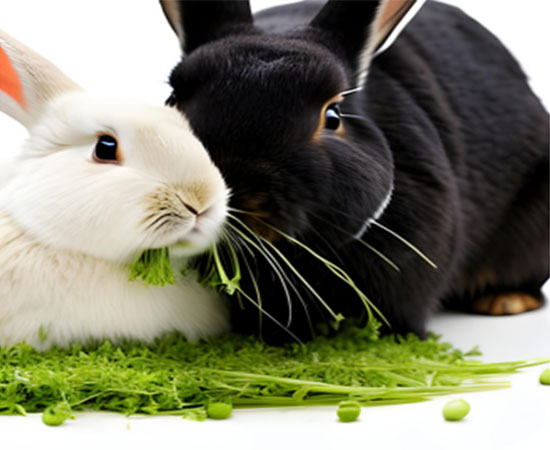
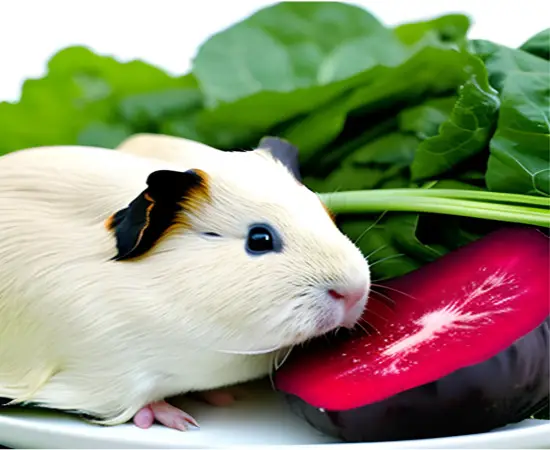
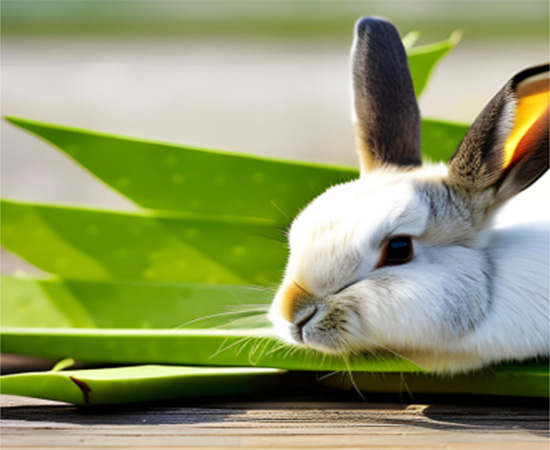
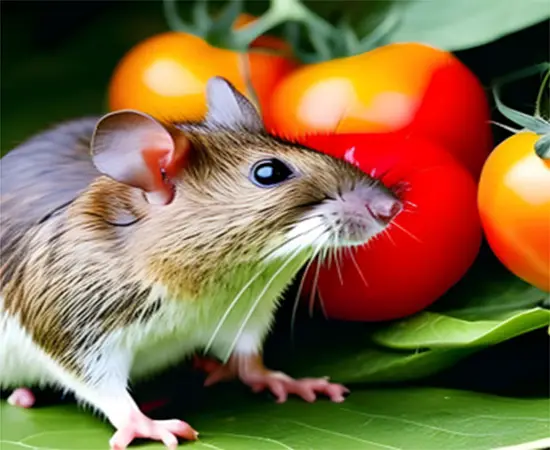
![[Explored] Can Squirrels Eat Grapes?](https://www.rodentsfamily.com/wp-content/uploads/2023/09/Squirrels-Eat-Grapes-768x502.jpg)
